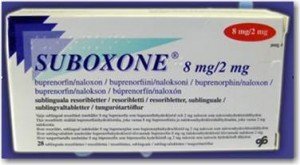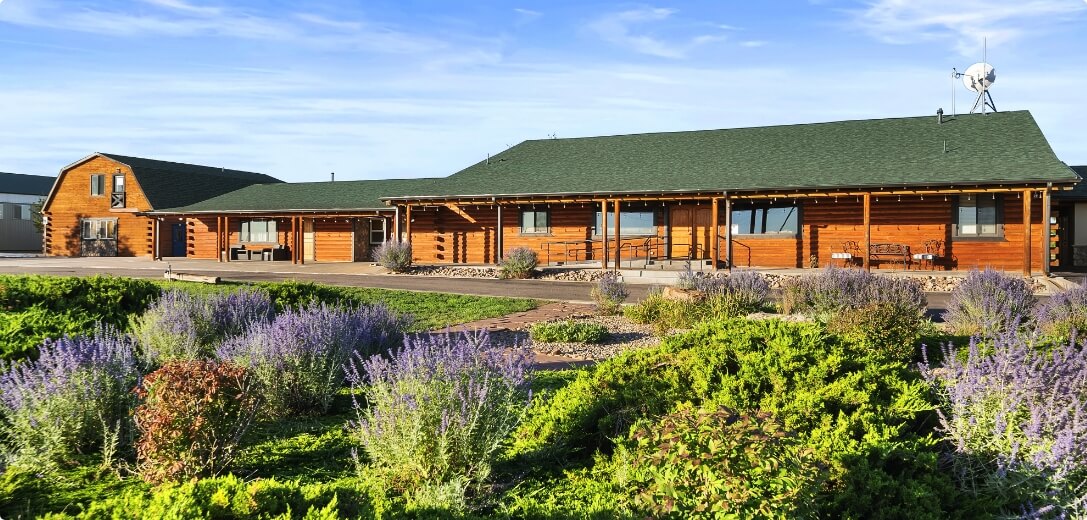
Suboxone contains two chemicals; buprenorphine and naloxone. By most definitions, buprenorphine is a narcotic (including tablet or sublingual buprenorphine used for opioid dependence ).
However, by other definitions buprenorphine is a medication when it’s used appropriately, and a “narcotic” only when diverted or used outside of medical care.
Before we can definitively answer the question: Is Suboxone a narcotic, let’s take a closer look at what that word actually means.
What is a Narcotic?
“Narcotic” is a term with different meanings in different contexts.
- DEA agents consider narcotics to be drugs with a high potential for abuse.
- Early 20th century dictionaries define narcotic as any illegal drug.
- Physicians use the term narcotic to refer to drugs with sedative properties, consistent with the Latin derivative of the word, narke (numbness) or narkoun (to render numb), highlighting its connection to sedative addiction treatment.
- Anesthesiologists use the word ‘narcotic’ to refer to the opioid, pain-relieving portion of an anesthetic, as opposed to amnestic or paralytic agents.
Is Suboxone Seen as a Narcotic?
Suboxone contains two chemicals; buprenorphine and naloxone. Naloxone has no significant role in the actions of Suboxone and can be disregarded for the most part.
However, buprenorphine is a narcotic by most definitions. It is a synthetic chemical that mimics morphine in low doses. In higher doses, the effects reach a maximum and increase no further, no matter how high the dose.
Buprenorphine blocks receptors for opioids very tightly, preventing other opioid molecules (including heroin and oxycodone) from having clinical effects. Medications with effects like buprenorphine–a combination of activating and blocking actions–are referred to as “partial agonists.”
Buprenorphine is a Narcotic
In sum by most definitions, buprenorphine is a narcotic. By some definitions buprenorphine is a “medication” when used appropriately, and a “narcotic” when diverted or used outside of appropriate medical care.
Find Help for Heroin and Opioid Addiction at The Raleigh House in Colorado
At the Raleigh House, we believe that we have to do more than help people get off of heroin and painkillers. We need to address the issues that got them there in the first place. That’s why each person who walks through our doors is assigned a master’s level therapist to guide them on their recovery journey. Fill out our form or contact us today to learn more about the heroin addiction treatment program at The Raleigh House.

